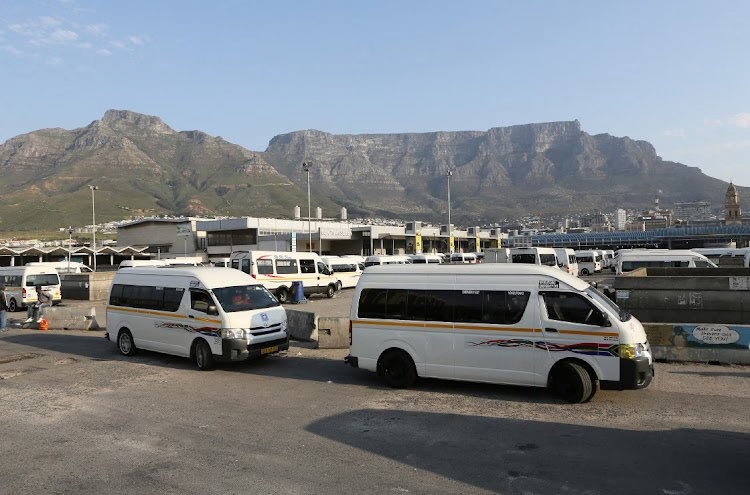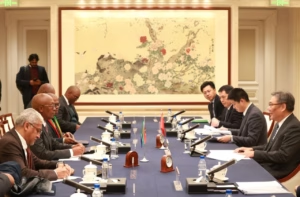Reports are surfacing across Cape Town of motorists falling victim to an unsettling new form of crime, with taxi operators allegedly hijacking vehicles and demanding money for their return. What appears at first glance to be a routine traffic stop is, according to city officials, a growing campaign of organised intimidation and criminal extortion.
A Growing Menace On Cape Town’s Roads
City of Cape Town Mayoral Committee Member for Safety and Security, Alderman JP Smith, has raised the alarm about what he describes as a surge in “mafia-style extortion” spreading across parts of the country. In an interview with Cape Talk, later reported by Business Tech, Smith revealed that several motorists — including private and scholar transport operators — have been ambushed, stripped of their vehicles, and then forced to pay to have them returned.
Exploiting The Vulnerable
Smith said that the victims targeted are often among the city’s most vulnerable residents, including workers returning home from late shifts and drivers transporting schoolchildren. “Very often it is aimed at quite vulnerable people being taken home from work at difficult shift hours, or scholar transport,” he explained.
Investigations by the City reportedly link many of these incidents to figures within the taxi industry. In some cases, seized vehicles are kept at taxi rank offices where owners must either negotiate or pay to recover them.
Incidents That Shocked Officials
Smith recounted one alarming case in Khayelitsha while he was on patrol with metro police. “An Uber driver alerted us that this had just happened to him. We went to the taxi office, found the vehicle, returned it to the driver, and also discovered an illegal firearm and cash hidden behind a cabinet,” he said.
The incident, he noted, exposed not only criminal behaviour but also the degree of coordination behind these acts. According to Smith, these are not isolated cases but part of a well-organised pattern of extortion that mirrors other forms of economic crime.
Call For Victims To Come Forward
Smith urged those affected not to hand over money but instead to contact the City directly for assistance. “People can call our call centre on 021 480 7700, and we will assist. We will retrieve that vehicle and arrest the persons for hijacking, but only if the victim is willing to open a case,” he said.
He warned that many victims simply recover their vehicles and move on without laying charges, which allows offenders to continue their operations unchecked. “Those extortionists just keep on doing what they do. It’s imperative that you’re willing to open a case,” Smith added.
Organised Crime In The Taxi Industry
Drawing parallels with South Africa’s notorious construction mafia, Smith argued that the taxi-related extortion racket operates with similar coordination and impunity. “We’ve spoken about the construction mafia, so why are we not talking more about the taxi extortion mafia?” he asked.
He described the emergence of “roving patrol teams that travel around the city, often in groups of three or four, sometimes wearing bibs, deciding which vehicles are allowed through.”
These groups, Smith said, enforce their own rules, targeting not only commercial transport but also ordinary motorists. In some instances, private drivers giving lifts to friends or family have reportedly been stopped and threatened.
Calls For Stronger Action
The City has appealed to the Western Cape provincial government to strengthen laws against intimidation and extortion. Smith stressed that coordinated enforcement between municipal and national agencies is essential to dismantle these criminal networks.
He also called on residents to take a stand. “Please do call our call centre, we will help,” he said. “But you must also challenge the South African Police Service. Ask them what they are doing about this and how many people they have prosecuted. Because it is seriously out of control.”
Authorities maintain that any resident who experiences such extortion should report it immediately to the City’s call centre on 021 480 7700.
As Cape Town battles this troubling rise in organised road crime, officials and residents alike are left grappling with the uncomfortable reality that the nation’s vital transport sector is being exploited by criminal opportunists. The question now is whether law enforcement can restore safety and order before the problem becomes entrenched.

















